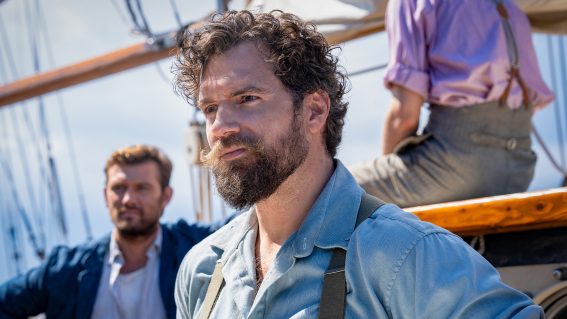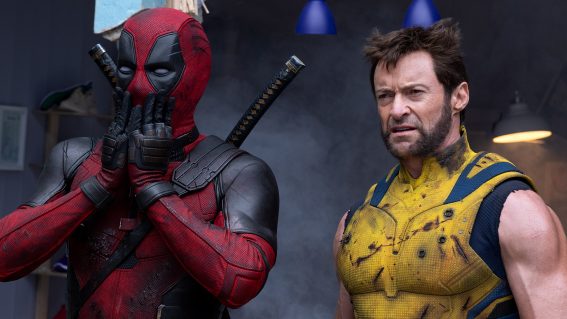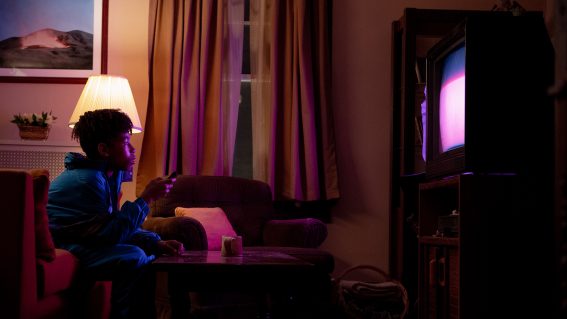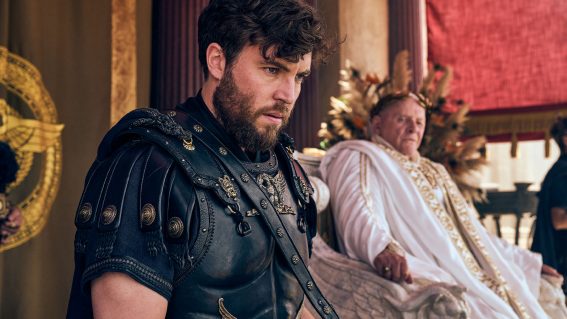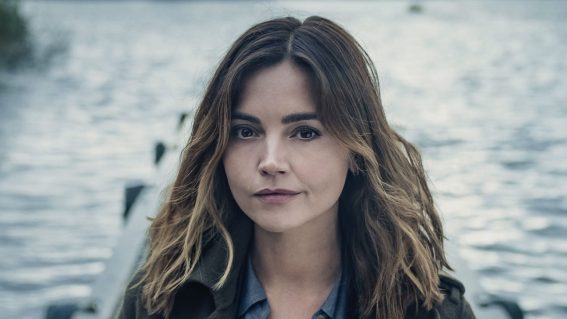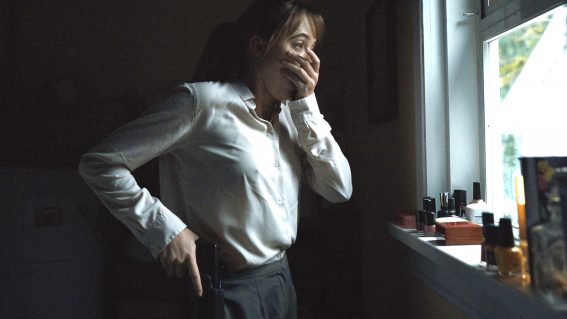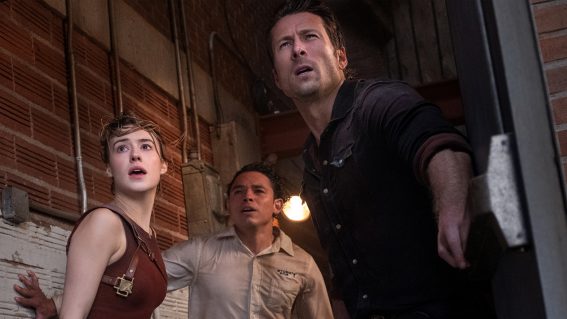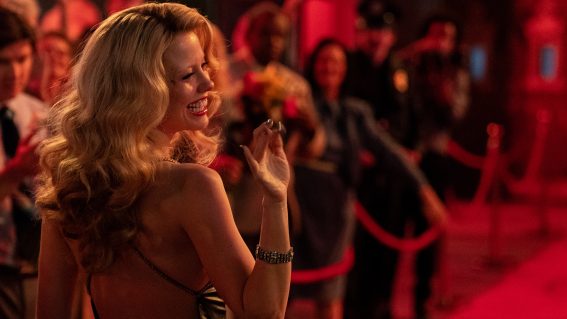The Changeling is truly grandiose horror: bold, beautiful, freaky
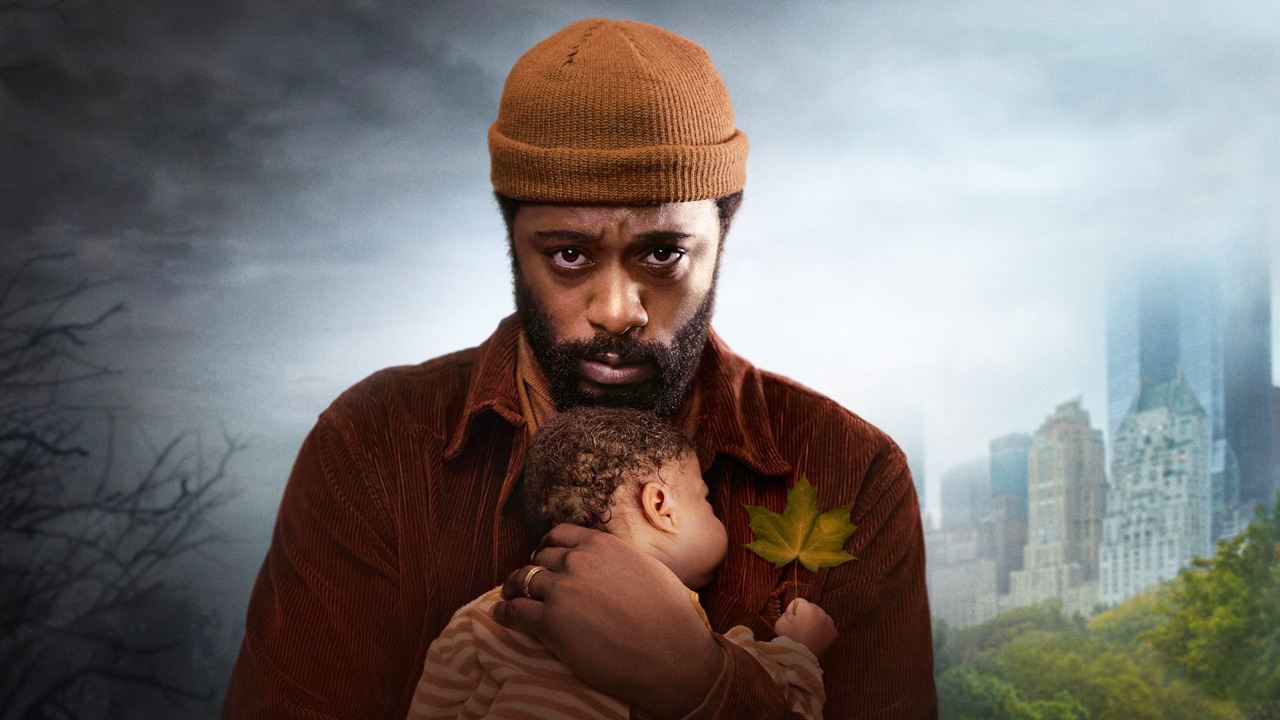
Visually ravishing and wildly ambitious, this amazingly high-end horror/fantasy series is beautiful, shocking, and superbly acted, writes Luke Buckmaster.
The Changeling is being marketed as an “adult fairytale,” aptly insinuating something serious, sinister, not for children. Creator Kelly Marcevery’s handsomely produced and magnificently eerie series packs a hell of a punch, adapting Victor LaValle’s fantasy novel of the same name. For those who know little or nothing about it, coming to terms with the title is an instructive first step. Stemming from European folklore, a “changeling” is “a child secretly exchanged for another by fairies.” A kind of diabolic otherwordly switcheroo.
But don’t go into this series expecting to see a tiny magical being fly into a nursery and exit with a baby. The show is loaded with trippy images—some very bold and far out—but it usually avoids the obvious ones. Plus, you can’t be sure if the title is to be taken at face value. There’s lots of game playing in The Changeling, lots of dancing between real and unreal. It’s one thing to infuse common circumstances with magical elements, bringing intangibility to the ordinary. It’s another thing to build—as director Melina Matsoukas has—an entire reality caught between wakefulness and sleep, terrorised by a feeling that some witchlike ancient force is niggling at its edges. Hats off to Matsoukas for crafting truly grandiose horror.
The first episode captures the coming together of NYC residents Apollo (LaKeith Stanfield) and Emma (Clark Backo). The former, a rare book dealer, enters the latter’s workplace—a library—and pesters her for a date until eventually she acquiesces. This is a romantic union that feels totally legit—you don’t doubt they’re a couple, not for a second. That genuineness is crucial when the drama sensationally intensifies, wringing the blood out of already excellent performances, taking them to higher and darker places.
From the beginning there are inferences of strange things afoot. Apollo for instance has a recurring dream in which his father rocks up at his apartment and exhales thick, acrid blue air, and Emma while traveling encounters a wild-looking woman by a lagoon, who attaches a string to her wrist and tells her she has three wishes. It’s almost impossible for a moment like that not to feel a bit folksy—the equivalent of a shopkeeper in an antiques and trinkets store reaching for the monkey’s paw.
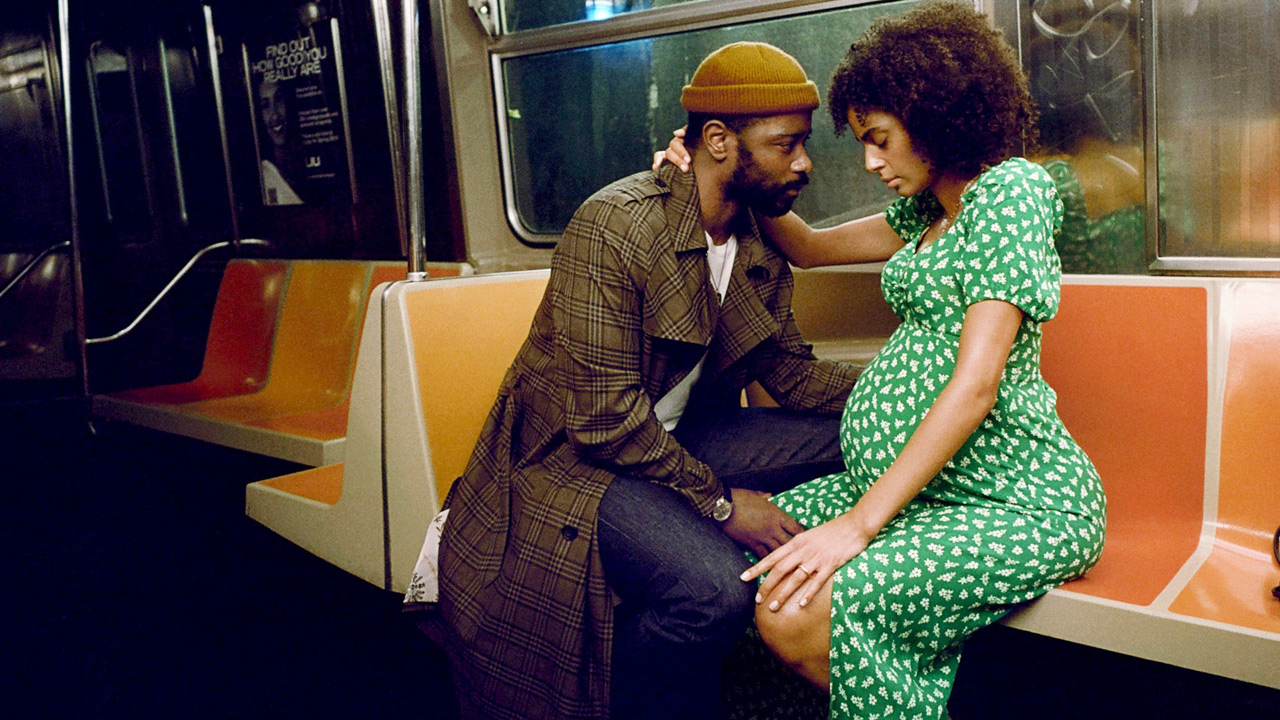
But The Changeling’s intermittent, very literary narration (from LaValle himself) makes a point of indulging in moth-eaten storytelling conventions, sincerely but with self-awareness. The narrator even begins with “once upon a time.” He goes on to make all kinds of distant connections and vague summations, as if he’s been alive since the dawn of time, as if he’s seen it all. You don’t blink when you hear him mention a 5000-year-old Babylonian song—“the oldest known lullaby.” Or when the narrator reflects on the essence of apparitions, asking “what is a ghost—the spirit of a dead person, or a vision seen askew?”
This whole show is a vision seen askew—beautiful but shocking. The drama escalates in awful ways after Apollo and Emma have a baby, the third episode marking the end of a gradual creeping build-up and spilling into all-out horror. This section draws on aspects of parenthood that frizzle and flame when a baby arrives: lack of sleep, fear of doing the wrong thing, the certainty that one’s life will never be the same. The characters, and the story, breach a threshold. When Emma starts seeing photographs on her phone of Apollo and the bub that disappear, we can’t be sure if supernatural elements are at play or if it’s a bad case of baby brain. In that fog something terrible happens—she commits a heinous crime—and the narrative reaches toward unpredictable places.
The plot’s like wild sprawling vines, lots of loose ends and strange growth patterns. The season’s second half is very different to the first, though I won’t divulge why, suffice to say there’s an element of worldbuilding—extending the first half’s ravishing depiction of New York mainland. A visual signifier of the terror lingering throughout are blurred bits that stick to the edge of the frame: subtle but always there, threatening to encroach on the dramatic space, to change the reality. Like I said, it’s a dance—a strange to-and-fro.
There are many improbable things, but not in a bad way. It’s kind of unbelievable that LaKeith Stanfield can scream out “I am the god Apollo!” and not sound stupid. Damn he’s good: strong and poised, but always signposting inner turmoil. By the time that line is delivered, you know what the show’s doing—consulting an old spell book, reaching into an imagined past, making the whole more than the sum of its parts. The Changeling is an oddly entrancing series; I’ve never seen another quite like it.



